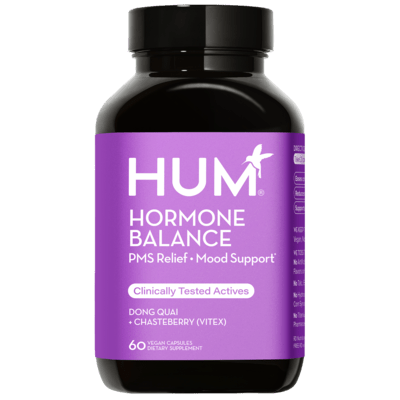PCOS (Polycystic Ovarian Syndrome) is a hormonal imbalance that can result in cysts on the ovaries and a variety of other symptoms including irregular cycles, weight gain, acne, and facial hair.
It’s important to know that it comes in several forms. Knowing which type you have is key to knowing the right treatment protocol for you. Every type of PCOS is given the same name, even though the root causes are actually quite different. Often in mainstream medicine, every type of PCOS is managed with the same suggested treatment—even though these treatments only work for some women, some of the time.
Different types of PCOS all have different symptoms; not all women with PCOS are overweight, or have acne, or have excess hair growth. This confusion can delay diagnosis and therefore delay proper treatment and support.
The Three Types of PCOS
Insulin-Resistant
This is the most common PCOS type. High insulin levels stop ovulation in its tracks, causing irregular cycles and symptoms. Diet spurs insulin resistance. The symptoms are weight gain, acne, hirsutism, mood swings, and lack of periods. Women with this kind of PCOS are usually considered borderline diabetic.
Inflammation-Based
This kind of PCOS can affect women who are at a normal weight or are even underweight. They may not feel they have any of the classic symptoms of PCOS. The inflammatory response that stops ovulation and causes irregular cycles comes from the body’s response to foods like gluten, dairy, sugar, or soy. It may also come from overexposure to endocrine-disruptive chemicals like chemical lawn spray or dry-cleaning chemical.There are multiple influences that can cause suppressed ovulation and irregular cycles. It could be an over-reliance on artificial sweeteners (I’m talking too much Diet Coke or Stevia-based products). Or it could be due to poor diet, especially if you’re eating very little, only vegan, only raw, or no carbs whatsoever. The lack of ovulation will cause symptoms, but it won’t necessarily look or feel the same as the insulin-resistant type.
Synthetic Hormone-Induced
This type is common for women who have been on the pill or other hormonal birth control for a long time. They’ll come off and see their periods don’t return. The synthetic hormones shut down communication between the pituitary gland and the ovaries in order to prevent pregnancy. Often, it can be challenging to bring back online. It’s possible to have a combination of these types of PCOS, as I did, or for the root cause to change and develop over time.How To Manage PCOS
The two most commonly prescribed treatments—Metformin and the birth-control pill—aren’t very effective at helping women. Metformin is only effective for women with insulin-resistant PCOS. Even then, due to its risks, you should pair short-term use with diet and lifestyle changes.
I assist many women with managing and controlling their PCOS symptoms using the FLO Living protocol when Metformin does not work. The birth-control pill simply acts to mask the problems with PCOS. It may suppress symptoms short term, but they’ll return when you stop using it. Even worse, they could be exacerbated. The Pill happens to amplify many of the root causes of PCOS, including insulin-resistance and inflammation.
The FLO Living protocol works for all of the types of PCOS I’ve mentioned here to address the root causes by stabilizing blood sugar, eliminating endocrine disruptors, and improving estrogen metabolism.
Read more about The FLO Living protocol and Alisa’s tips for hormone balancing here.








